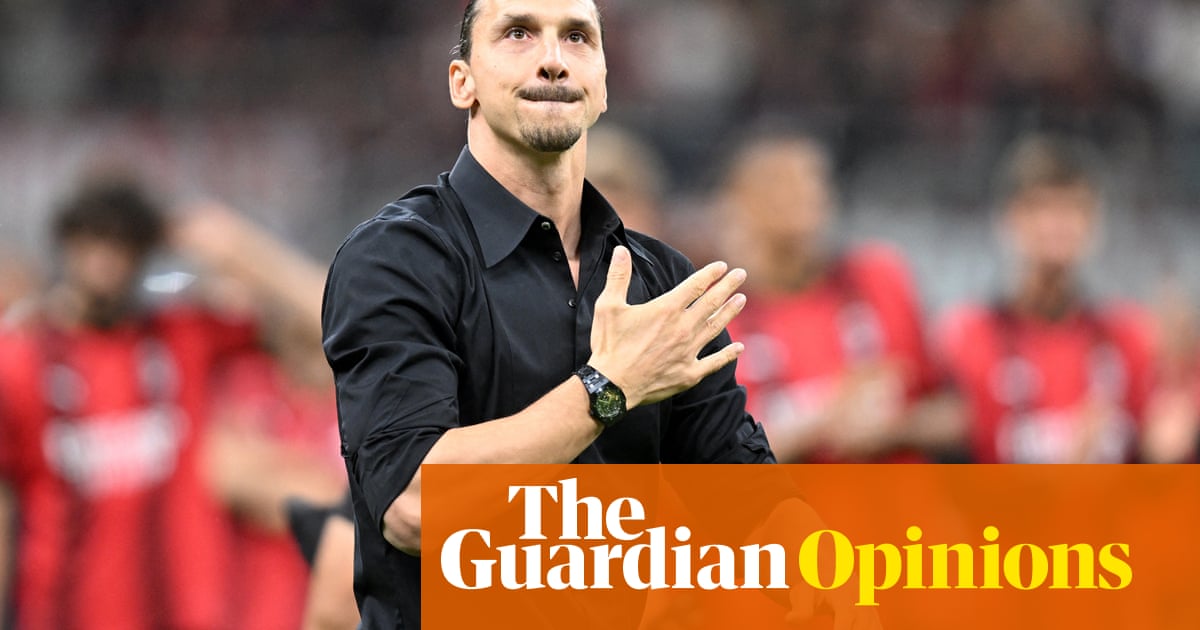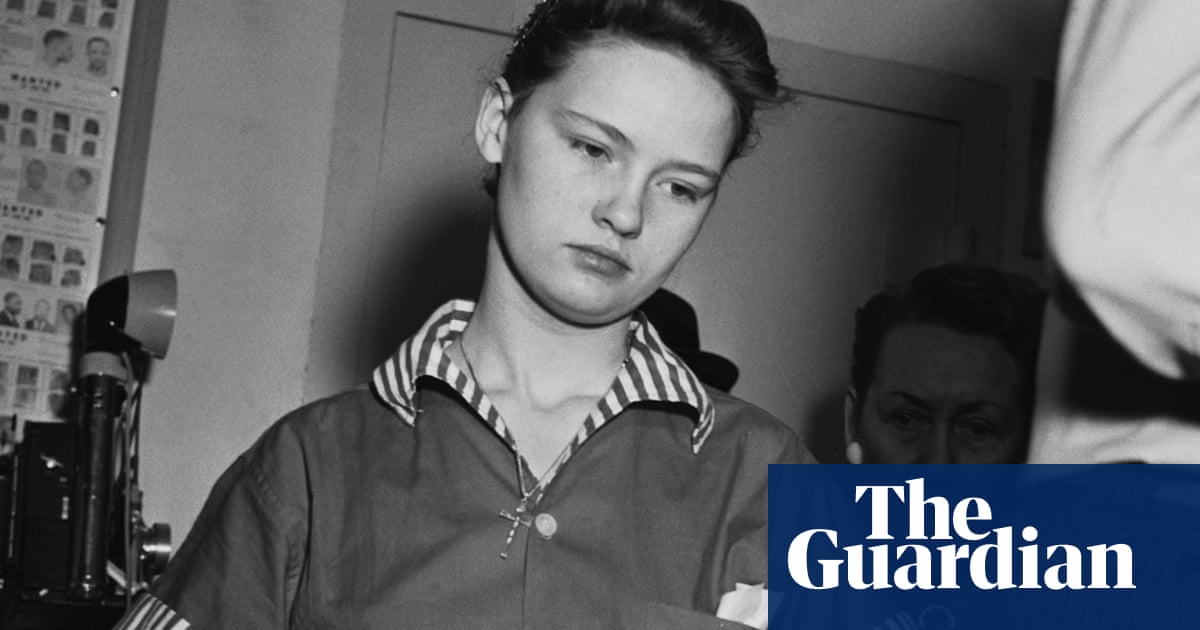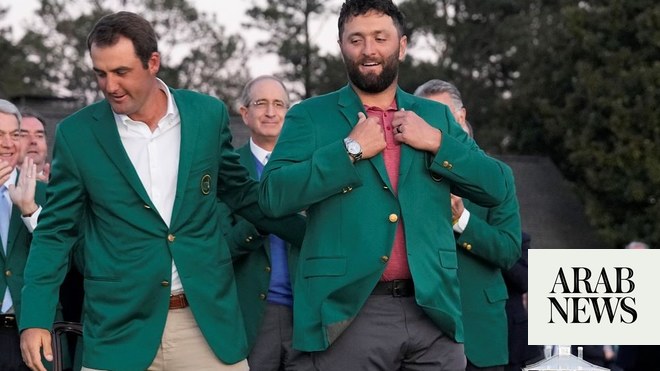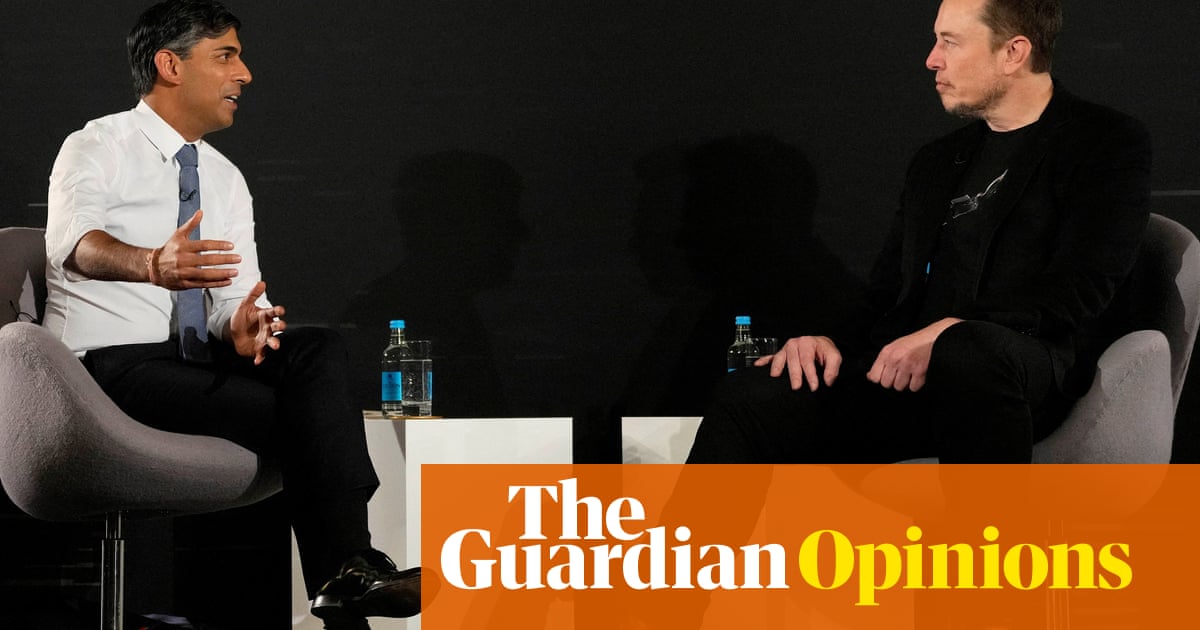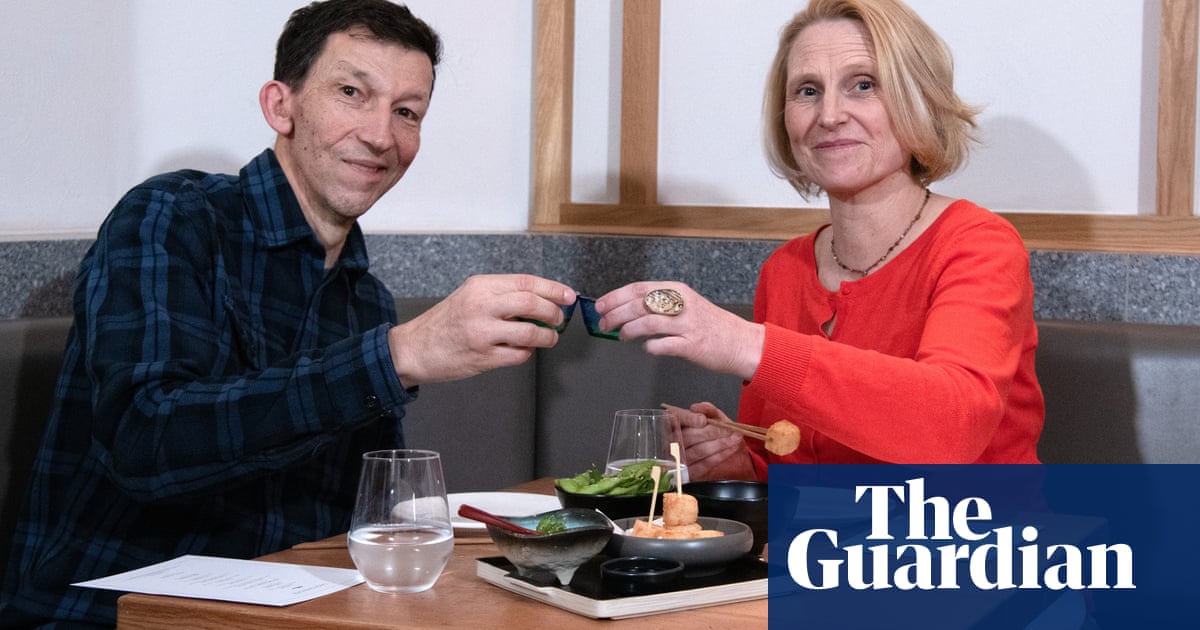
With Russian-sponsored “summit” in Sochi on Syria over, attention is now turning to the forthcoming conference in Geneva, sponsored by the United Nations.
The shindig in Sochi, bringing together Russia, Turkey and Iran, has drawn mostly favorable comments, especially in the West with some analysts hailing it as “a major effort to end the Syrian crisis.”
But what was Sochi really about?
The answer is that it was about many different things and only tangentially related to “the Syrian crisis.” Not surprisingly, we have had conflicting views on what Sochi meant.
Syria’s beleaguered regime leader Bashar al-Assad has described Sochi as “a reassertion of Russian support” for his regime.
However, the Russian account of Sochi does not endorse such a view.
Russian President Vladimir Putin described the task of “the summit” to be “drawing up a framework for the future structure of the [Syrian] state, the adoption of a new constitution and, on that basis, the holding of elections.”
If you look to the future it means that you are not concerned about the here and now. And if you seek “future structures of state” and a new constitution, it means that the status quo, in which Assad is president, must end.
That Sochi was only marginally concerned with Syria and that Russia saw it as the trigger for a grander strategy is reflected in comments in the Kremlin-controlled media.
According to Sputnik, a state-controlled news site, Sochi was part of Russia’s aim of creating a bloc of “Euro-Asian powers under its own leadership” to challenge Western hegemony led by the United States.
“This weeks Syrian Summit in Sochi between the Russian, Iranian, and Turkish leaders arguably represents a Mideast Concert of Great Powers modeled off of its 19th-century European predecessor,” Sputnik commented.
The reference to the 19th century “concert of great European powers” is to the notorious Berlin Conference which divided the world among European colonial powers.
Sputnik continues: “An exciting era of relations is veritably dawning as three of Eurasias most powerful states strengthen their multilateral partnership and expand it to new horizons. Looking beyond the more immediate impetus that the Syrian situation has been in forming this Mideast Concert of Great Powers, the less visible trend has been the indispensable role that Russia has begun to play in promoting stability in the regions beyond its borders.
“To expand on this observation, Russias 21st-century grand strategy is to become the supreme balance force in the Eurasian supercontinent, which explains why its trying ‘balance’ the tri-continental pivot space of the Middle East through its Great Power diplomacy with Iran and Turkey in order to counteract the disruptive processes that the US has unleashed in this region ever since the beginning of the so-called ‘Global War on Terror’. Moscows multi-polar mission has thus far been wildly successful, but there nevertheless remain certain obstacles that will have to be dealt with sooner than later.”
In other words, Russia is using the Syrian issue as part of a broader plan to create a Middle Eastern power bloc led from Moscow.
But, this is not how Turkey and Iran see things.
Ankara sees Sochi as an expression of support for President Recep Tayyip Erdogan by Russia and Iran.
Serap Balaman, a Turkish commentator reflecting Erdogan’s views, claims that Sochi provided a powerful boost following the failed US-backed coup attempt against Erdogan in summer 2016.”
In other words in Sochi, both Russia and Iran bought Erdogan’s narrative that the failed coup had been an “American plot”, a view not shared by many Turks.
However, Ankara hopes to get something else too: a military presence inside Syria to divide Kurdish-majority areas into an archipelago of separate chunks, thus preventing the creation of a powerful Kurdish bloc spanning northern Iraq, southeast Turkey and parts of Syria.
The Turkish move is labeled “Operation Euphrates Shield” and was at the center of talks by Turkish armed forces Chief of Staff General Kholusi Akar and his Russian and Iranian counterparts in Sochi.
“What was discussed by military leaders in Sochi directly concerned Turkey’s national security,” the conservative daily Zaman reported.
According to daily Sabah, close to Erdogan’s party, Turkey welcomes the division of Syria into four or five “de-escalation zones” under which Ankara will gain control of the Syrian province of Idlib.
“Idlib was one area where all three guarantor countries agreed,” he daily said.
“The 12 armed groups that control the city right now, with 15 other paramilitary groups linked to local tribes, will need orientation and guidance. Turkey currently has established a few military installations in the region to keep tabs on developments in Afrin, and asked for and received Russian and Iranian promises of help.”
The paper continues: “Turkeys biggest concern is the possibility of the Democratic Union Party (PYD) being seen as a representative of Syrian Kurds. Turkey insists that the PYDs Peoples Protection Units (YPG) control over Afrin, right next to the Turkish border, is unacceptable and is considering a military operation to free the region. Afrin, an Arab-majority city, is currently under the control of YPG militants who pose a serious threat to Turkey. Turkey and Russia may undertake a joint operation to rid the Afrin region of terrorists.”
Again, we see that from the Turkish view at least, Sochi was only marginally concerned with the Syrian crisis as an overarching issue.
Iran, the third actor in Sochi, was in a peculiar situation because President Hassan Rouhani, who represented Tehran, is not the real decision-maker as are Putin and Erdogan.
Thus, Rouhani’s brief was to insist on only one thing: The possibility of Iranian troops and their auxiliaries, such as Lebanese “Hezbollah”, Afghan and Pakistani mercenaries in Syria to control a contiguous sliver of territory from Iraq to the Syrian frontier with Lebanon.
Tehran sources tell us that Putin and Erdogan did not grant Rouhani what he had been instructed to seek.
“What they offered in Sochi was a small patch of territory to the southwest of Damascus,” one highly placed source says. “That would make it hard for the Islamic Republic to pursue the policies of the Resistance Front.”
That Tehran, or at least the faction led by “Supreme Guide” Ali Khamenei is unhappy about Sochi was indicated in an editorial by the daily Kayhan on Sunday.
“The Syria that will raise its head from heaps of ruin, will definitely stay in line within the Resistance Front,” Kayhan, which echoes Khamenei’s views, asserted.
In a thinly veiled criticism of Russian “triumphalism”, Kayhan’s editorial said: “Even those who wear the clothes of friends cannot decide the political future of Syria through negotiations, plans and diplomatic moves.”
The paper then fired the decisive shot against Putin’s “historic initiative” by saying, “The fate of Syria will be decided by its people in the shadow of the power of the Resistance Front” led by Iran.
One thing is clear after Sochi: The three participants regard Assad’s fate as a minor issue to be sorted out once and if they have achieved their separate and conflicting aims.
Despite declarations of victory by Iran, Russia and Turkey, the Syrian war isn’t over. This is because a war is never over when one side declares victory; it ends only when one side admits defeat. In Syria, that hasn’t happened, yet.




